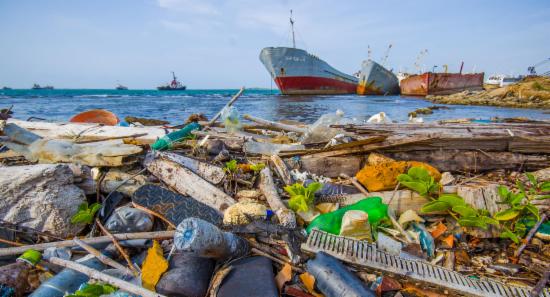.webp)

Sri Lanka Unlocks Credit for MSMEs: Movable Assets Now Count
COLOMBO (News 1st); The Central Bank of Sri Lanka (CBSL), in partnership with the Credit Information Bureau of Sri Lanka (CRIB), has officially launched the Secured Transactions Registry (STR)—a landmark initiative designed to transform credit accessibility for micro, small, and medium enterprises (MSMEs).
The STR, developed under the Secured Transactions Act No. 17 of 2024, will be administered by the newly established Secured Transactions Registration Authority (STRA). This digital platform enables lenders to register security interests in movable and intangible assets such as machinery, inventory, crops, and intellectual property—assets traditionally excluded from collateral-based lending.
Speaking at the launch, CBSL Governor Dr. Nandalal Weerasinghe underscored the significance of the initiative in addressing long-standing barriers to MSME financing:
“More than half of MSMEs in Sri Lanka and other emerging markets struggle to access credit, primarily due to the lack of acceptable collateral. Most of their valuable assets are movable—machinery, equipment, trade receivables—yet financial institutions prefer immovable property like land and real estate. This registry changes that dynamic by creating a legal and institutional framework for movable asset financing.”
Dr. Weerasinghe highlighted that 78% of the capital stock of SMEs globally comprises movable assets, while only 22% is tied to immovable property. However, banks have historically been reluctant to accept movable assets due to the absence of a public registry, inadequate legal provisions, and limited expertise in asset-based financing.
The STR aims to close these gaps by:
Providing a centralized, transparent registry for movable assets.
Reducing risks of double collateralization.
Streamlining enforcement procedures in cases of default.
“This system will make credit markets more efficient,” Dr. Weerasinghe added. “It allows businesses to unlock the value of their assets, while giving creditors predictable rights in case of default. Ultimately, this will enhance financial inclusion, entrepreneurship, and credit-to-GDP ratios in Sri Lanka.”
Other Articles
Featured News





.png )



-814230_550x300.jpg)







-812087_550x300.jpg)
-810262_550x300.jpg)
-809496_550x300.jpg)

















.gif)